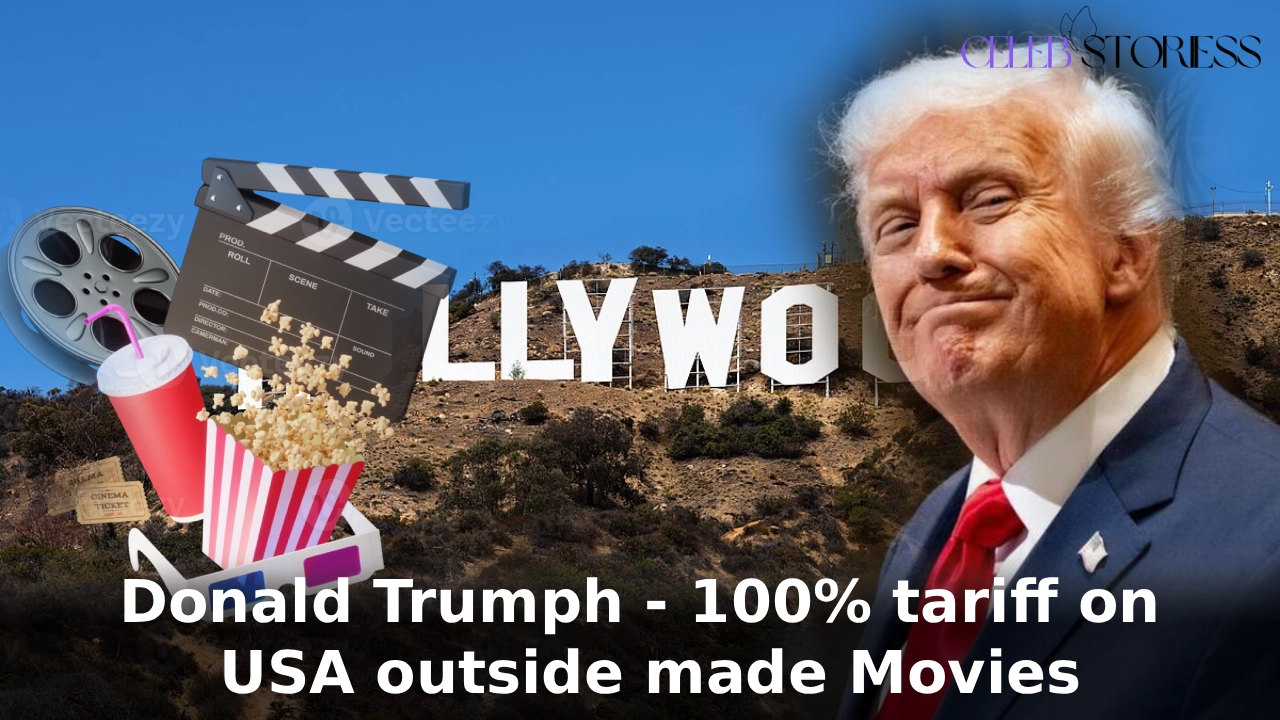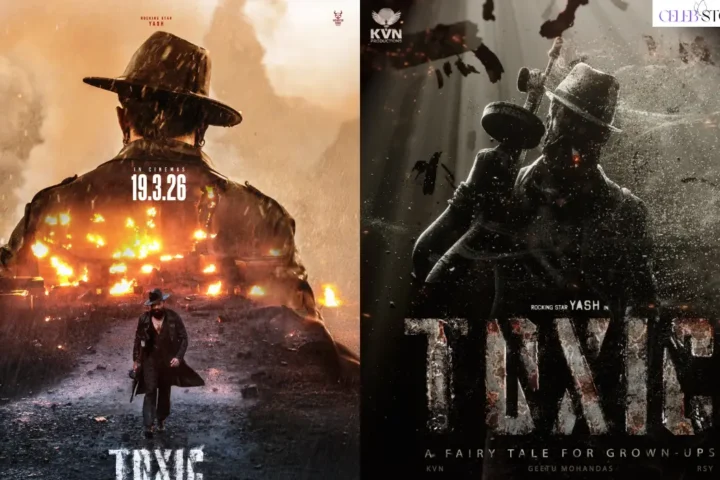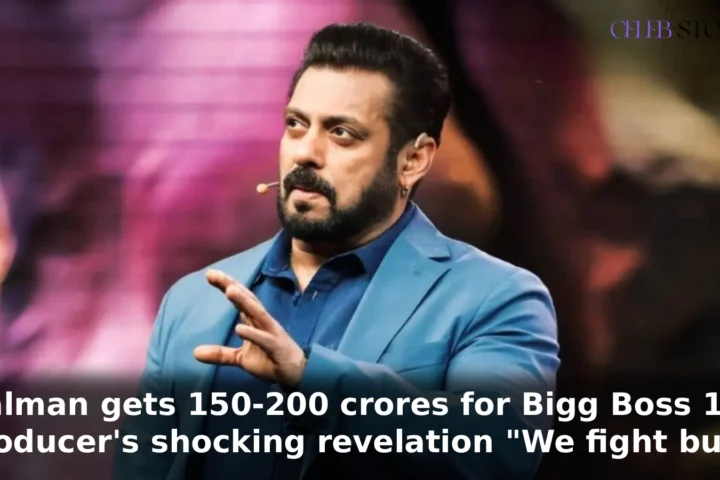100% tariff on USA outside made Movies – US President Donald Trump has announced a 100% tariff on all movies produced outside the United States. Trump says foreign films have “stolen” the US film industry, especially harming California’s economy. This new tariff will apply to every movie made outside America, including those released in US theaters and possibly on digital streaming platforms like Netflix and Amazon Prime Video.
What Is the Tariff?
A 100% tariff means that if a movie is made abroad and then brought into the US—whether for cinemas or streaming—the cost or tax paid will double. For example, if an Indian, European, or Korean movie usually costs $5 million to release in the US, companies will now have to pay another $5 million as tariff tax, making it much more expensive.
Why Did Trump Do This?
Trump claims that outsourcing and government tax breaks in other countries have made producers take American jobs and projects overseas. He says this “steals” America’s movie industry and puts local workers out of jobs. The President has called out California’s governor several times, saying Hollywood work has been lost to other countries.
Who Will Be Affected?
- Indian film industry: Bollywood, Tollywood, and other regional Indian film makers, who collectively earn about $100 million a year from US audiences, will be hit hard as ticket prices may rise for Indian movies in US theaters.
- Hollywood: The rule would also impact US studios that make parts of films outside America—for example, special effects in India or sound mixing in Canada. Since many Hollywood movies are international projects today, with locations and teams spread worldwide, figuring out which movies will pay the tariff is complicated.
- Other countries: Any nation exporting films to the US, including Europe, Australia, China, Korea, and more, could feel the impact.
- US audiences: If movie producers pass on the cost, ticket prices for imported movies may rise sharply. Streaming costs may also go up for foreign films.
Is the Tariff Enforced Yet?
As of now, there is no confirmed start date for the tariffs, and it’s unclear how they will be implemented. Experts question how such a rule can be enforced, since modern films are often made across many countries and delivered digitally. The American government has not provided technical details about exceptions—such as for joint productions or movies with split production locations.
Industry Reaction
Many industry experts, movie producers, and trade bodies are concerned. They say the move could hurt both Hollywood and foreign production houses, limit international collaborations, and ultimately mean fewer choices and higher prices for US moviegoers. US and Indian studios alike are unsure how the rule will work, saying that dividing films into “American” and “foreign” is not easy in today’s global film making.
Follow for More: CelebStoriess!















